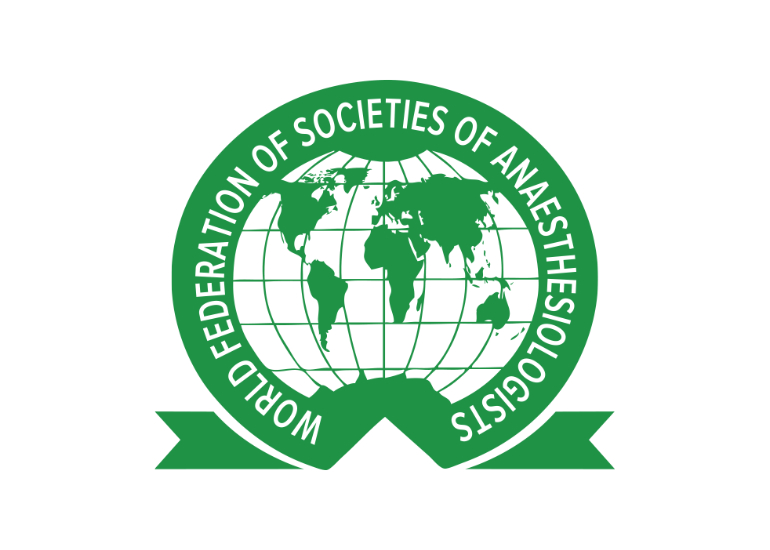New research findings highlight the effectiveness of the Safer Anaesthesia from Education (SAFE) training programme in improving the knowledge and skill of anaesthesia providers in low-income settings.
Published in Anaesthesia 2020, the study assesses the educational impact of the SAFE Obstetrics training programme on anaesthesia providers in Kenya.
Maternal mortality rates in low-middle income countries remains high, with sub-Saharan Africa accounting for two-thirds of global maternal deaths. Inadequate staff training is one of the main contributors to anaesthesia related deaths.
To address this lack of training, the SAFE course was created by World Federation of Societies of Anaesthesiologists (WFSA) and the Association of Anaesthetists. With courses covering obstetrics, paediatrics and the operation room, SAFE training courses have been delivered to over 2,300 clinicians in 36 countries since its launch in 2011.
The study which brought together anaesthesiologists from Kenya, the UK and the US, sought to investigate whether SAFE training was translated into changes in clinical behaviours in the workplace. It aimed to explore the barriers and facilitators to the adoption of recommended anaesthetic care by providers who had been trained on a SAFE obstetric anaesthesia course.
Demonstrating positive outcomes from educational interventions, and understanding why such interventions do or do not lead to improvement, is crucial if programmes like SAFE are to improve the practice of health professionals and improve patient outcomes.
Researchers analysed the knowledge and practices of 103 anaesthesia providers from 66 facilities across Kenya who attended the SAFE course between 2016 and 2017. As part of the study, participants undertook knowledge tests and were observed at work to measure potential behaviour change engendered by the training.
Team communication and pre-operative assessment were identified as significant influencers on positive behaviour change amongst anaesthesia providers. Test results showed that SAFE training also led to sustained improved knowledge retention.
The study demonstrates that the SAFE obstetric course is relevant in the low-resource setting and leads to improved knowledge and clinical practice.
With the need to scale up the anaesthesia workforce in LMICs, the research recommends that all new educational programmes undergo the same rigorous evaluation as the SAFE courses to ensure effective use of resources and to demonstrate positive training outcomes.
Further resources
- M. Lilaonitkul M. et al, (2020) Mixed methods analysis of factors influencing change in clinical behaviours of non‐physician anaesthetists in Kenya following obstetric anaesthesia training. Anaesthesia 2020
- Safer Anaesthesia from Education (SAFE)






